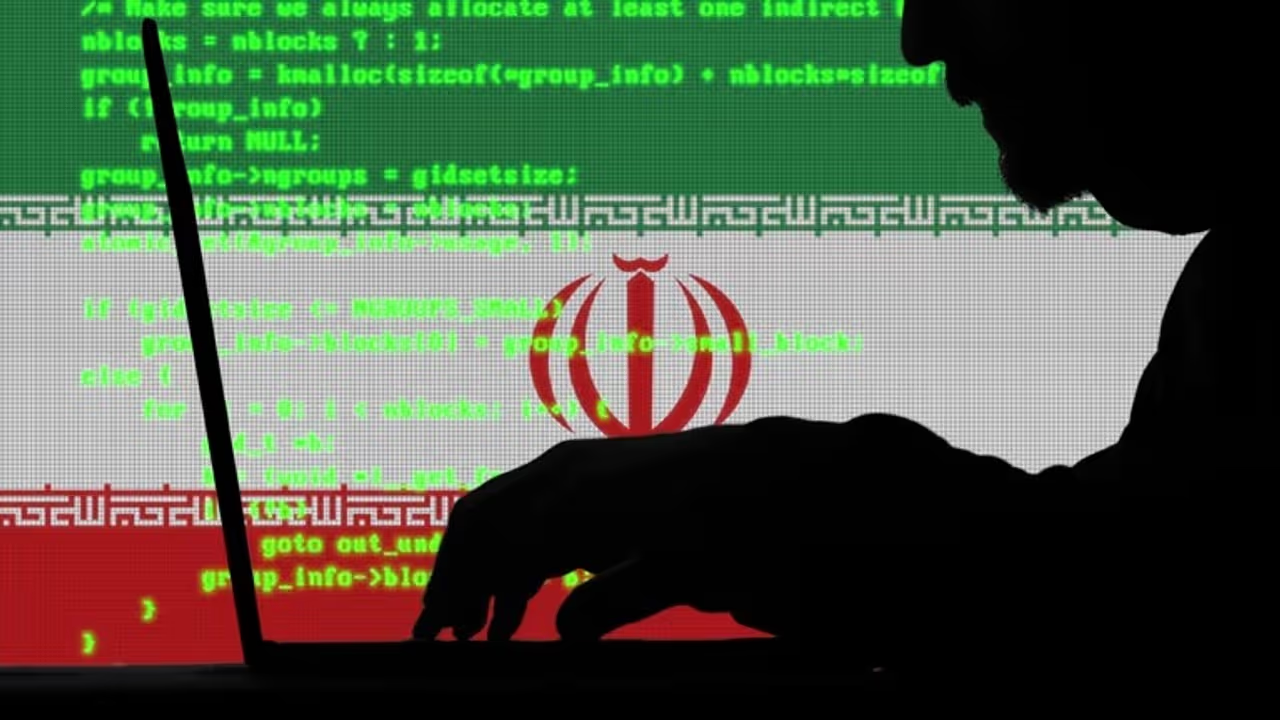A cyberattack crippled Iran's Sepah Bank on Tuesday, with hackers linked to Israel claiming responsibility. As digital panic spreads, Iran has banned officials from internet-connected devices, fearing further Israeli tracking and surveillance.
A major cyberattack struck Sepah Bank, one of Iran's largest state-owned financial institutions, on Tuesday. The breach, reportedly carried out by Israel-linked hackers, comes amid a rapidly escalating military and cyber confrontation between Iran and Israel.

According to Iran’s Fars news agency, the cyberattack targeted Sepah Bank’s infrastructure, severely disrupting its online services. Customers across Iran were unable to complete basic transactions as digital systems went offline.
“A cyberattack targeted the infrastructure of Sepah Bank, causing disruptions to the institution's online services,” Fars reported, adding that authorities expect to restore systems within hours.
Hacking blamed on Israel-linked group
The Times of Israel reported that the cyberattack was claimed by hackers allegedly tied to Israel, who claimed responsibility for disrupting Sepah Bank's operations. The breach reportedly affected systems connected to gas stations, many of which rely on Sepah for processing transactions.
“The disruption appeared to ripple through fuel services as well, with delays in card-based refueling at some Iranian stations,” noted The Times of Israel.
Meanwhile, Iran’s central bank spokesperson told state media agency IRNA that banking operations remain stable, claiming that core financial services across the country were unaffected by the cyberattack. However, customers continued reporting online outages well into Tuesday evening.
Digital lockdown: Iran bans internet use by officials
In a sign of mounting concern over digital vulnerabilities, Iran’s cybersecurity authority has banned all government officials and their bodyguards from using internet-connected devices, fearing that Israeli intelligence could track or hack them.
According to Fars, officials have been ordered to avoid all public networks, including telecom services, as Tehran scrambles to tighten digital security amid increasing cyber threats.
“Iran has ordered a complete digital lockdown for high-ranking officials,” reported The Times of Israel, calling it a sign of panic following military and cyber setbacks.
Cyberattack follows airstrikes and military setbacks
The digital strike comes just days after Israel’s military campaign inside Iran intensified, targeting what the Israel Defense Forces (IDF) called a “military emergency headquarters” in a secret location in Tehran. The attack reportedly killed Maj. Gen. Ali Shadmani, who had recently taken command of Iran’s top military operations.
“We neutralized the Iranian regime’s main military emergency headquarters,” said IDF Operations Directorate chief Maj. Gen. Oded Basiuk, warning that more top Iranian commanders may be targeted.
Following these attacks, much of Iran’s senior military leadership is reported to be in hiding, further destabilizing the regime’s ability to coordinate responses.
Diplomatic fallout stalls Gaza ceasefire talks
Meanwhile, Qatar has expressed concern that the Israel-Iran conflict is derailing Gaza ceasefire negotiations. Foreign Ministry spokesperson Amjad Al-Ansari said talks between Israel and Hamas had shown progress but were now in jeopardy.
“We still believe diplomacy is the only viable path forward in Gaza,” Ansari said, urging restraint from both Iran and Israel.
Amid escalating Israel-Iran conflict, the Islamic nation could be increasingly vulnerable to coordinated attacks due to the outdated digital infrastructure. As the military crisis intensifies, Iran is expected to harden its digital networks and restrict access to online systems, especially in critical sectors like banking, defense, and energy.


